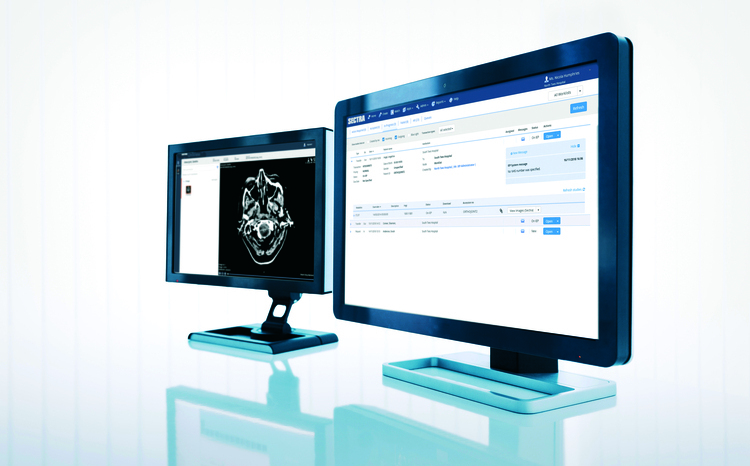US Healthcare Slow to Adopt IT
- 17 October 2002
“The most dangerous instrument in medicine is the fountain pen,” according to group president of McKesson, Duncan James, interviewed in a BusinessWeek round up of US healthcare technology.
The influential magazine and its online service concludes – as many have before – that healthcare has been very slow to adopt information technology that could improve patient care.
It cites a survey which indicates that deaths resulting from drug errors are running a minimum of 44,000 per year and that the resulting cost is at least $17 billion.
”While the average bank spends 7 to 9% of its annual budget on information technology – often to automate jobs out of existence – most hospitals spend less than 5%,” says Lewis Redd, head of healthcare practice for Cap Gemini Ernst & Young.
Mr Redd’s explanation is that healthcare organisations are reluctant to incur the higher costs of improved IT, even though they lead to better care.
There is some good news in the survey, however. BusinessWeek reports that the sheer pace of innovation is forcing change. The article cites the ever closer coupling of surgical and imaging equipment and the easy availability of wireless connectivity and zippy handheld computers as factors producing quantum leaps in healthcare.
It predicts that progress will also flow from the staged introduction of the Health Insurance Portability and Accountability Act (HIPAA), which requires hospitals to guard data more carefully and upgrade their electronic record keeping.
”This will have the positive side effect of forcing hospitals, physician offices and insurers to install up-to-date networks that for the first time will be broadly compatible with each other.”
Business Week Special Report.




